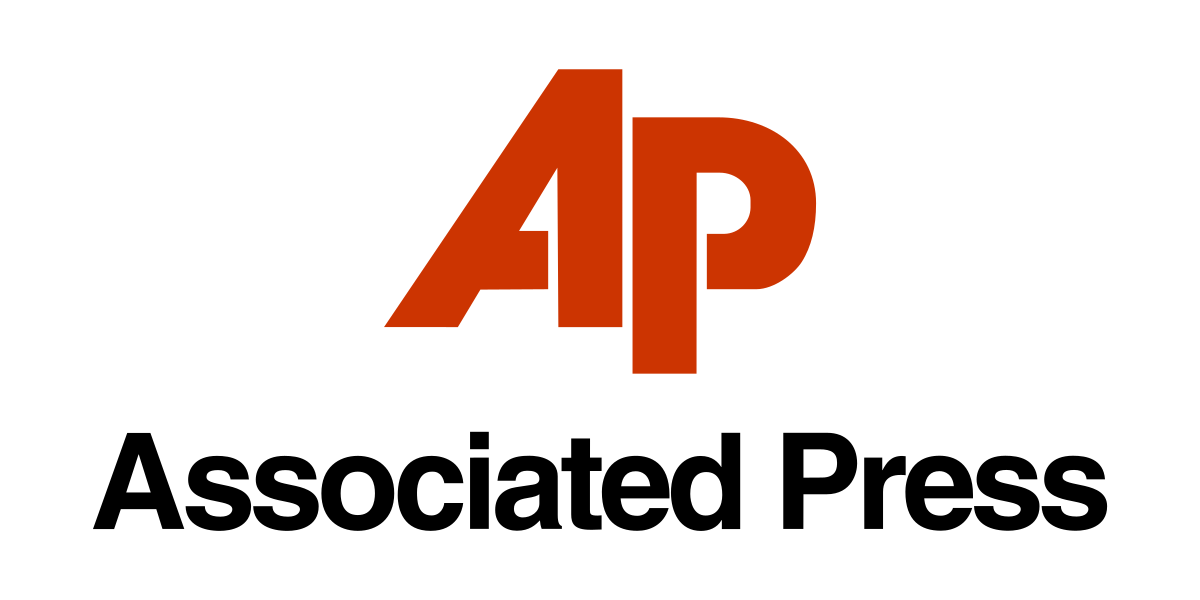Overview
Basic Stats
The share price of Virtus Stone Harbor Emerging Markets Income Fund as of September 5, 2025 is $5.14 / share. This is a decrease of -0.68% from the prior week.
The Factor Analysis chart (below right) shows a view of Virtus Stone Harbor Emerging Markets Income Fund from a variety of lenses. Each factor shows how well the company ranks against all other companies in the Fintel global investing universe. Factor scores range from zero to 100, with 100 being most desirable, and 50 being average.
For example, a company with a Value Score of 100 would be the most undervalued company in our database. A company with a Value Score of zero would be the most overvalued.
| Market Cap | |
| EV | |
| Shares Out. | 0.00 MM |
| Earnings Date | |
| EPS (TTM) | |
| Dividend Yield | 15.16 % |
| Ex-Dividend Date | 2025-09-12 |
| Borrow Rate | 12.89 |
| Short Shares Avail. | 0.20 MM |
| Short Interest | 0.04 MM |
| Short Float | |
| Days to Cover | 0.40 days |
| Risk Free Rate | 4.17 % |
| Price Change (1 yr) | -2.74 % |
| Volatility (1 yr) | 0.20 |
| Beta | 0.66 |
| Sharpe Ratio (1 yr) | -0.35 |
| Sortino Ratio (1 yr) | -0.49 |
| PE Ratio | |
| Price/Book | |
| Price/TBV | |
| Book/Market | |
| EBIT/EV | |
| EBIT(3yr avg)/EV | |
| ROA | |
| ROE | |
| ROIC | |
| CROIC | |
| OCROIC | |
| Implied Volatility | |
| Put/Call OI Ratio |
Stock Upgrades/Downgrades
This card shows analyst upgrades/downgrades for Virtus Stone Harbor Emerging Markets Income Fund. An analyst rating is a classification that gives investors a sense of analyst sentiment about the direction and performance of an equity - usually a stock - over a period of time, typically 12 months.
- Buy/Overweight/Outperform - Any of these ratings conveys an analyst’s belief that the stock is likely to outperform a market index (e.g. the S&P 500).
- Hold/Equal-Weight/Market Perform - Any of these ratings conveys an analyst’s belief that the stock is likely to perform in line with a market index.
- Sell/Underweight/Underperform - Any of these ratings suggest that an analyst believes the stock is likely to underperform a market index.
When an analyst upgrades a stock, they are signaling that the company’s fundamentals are being undervalued by investors. It could also mean they believe the market is underestimating the company’s potential. The opposite is true when a stock receives a downgrade.
The average rating of each individual analyst’s rating is the consensus rating for a stock. This gives investors a broader sense of the overall sentiment for that stock.
| Date | Analyst | Prior | Latest Recommendation |
Action |
|---|---|---|---|---|
| 2015-04-10 | Bernstein | Market Perform | Downgrade |






























